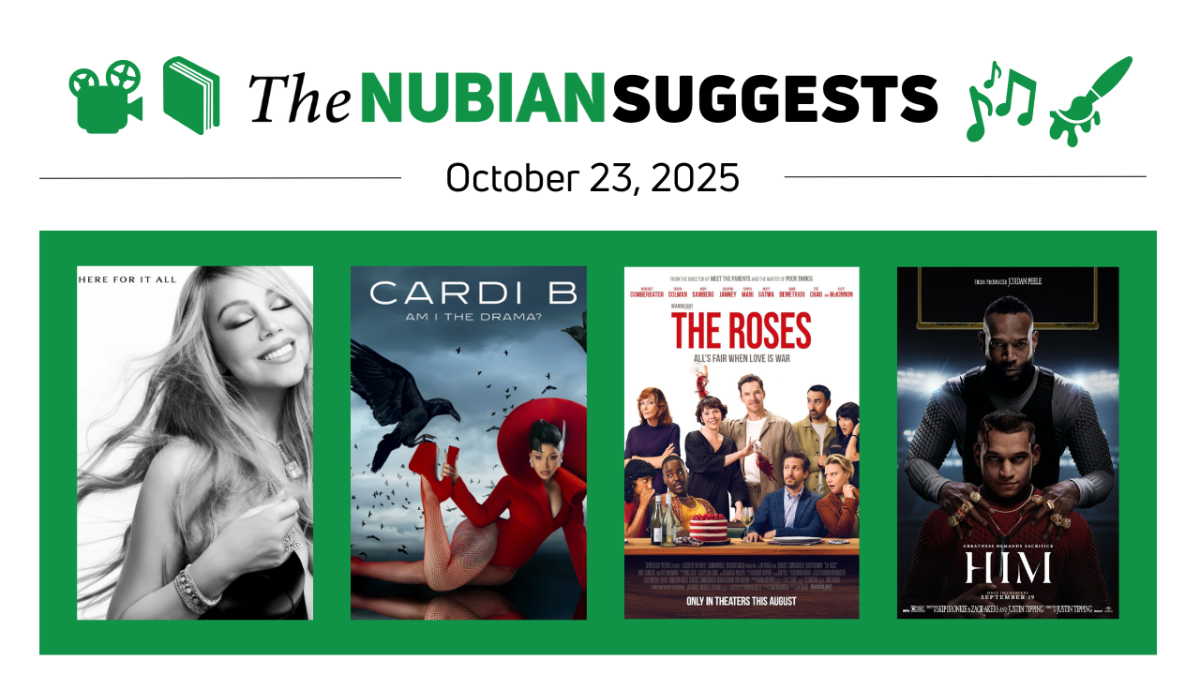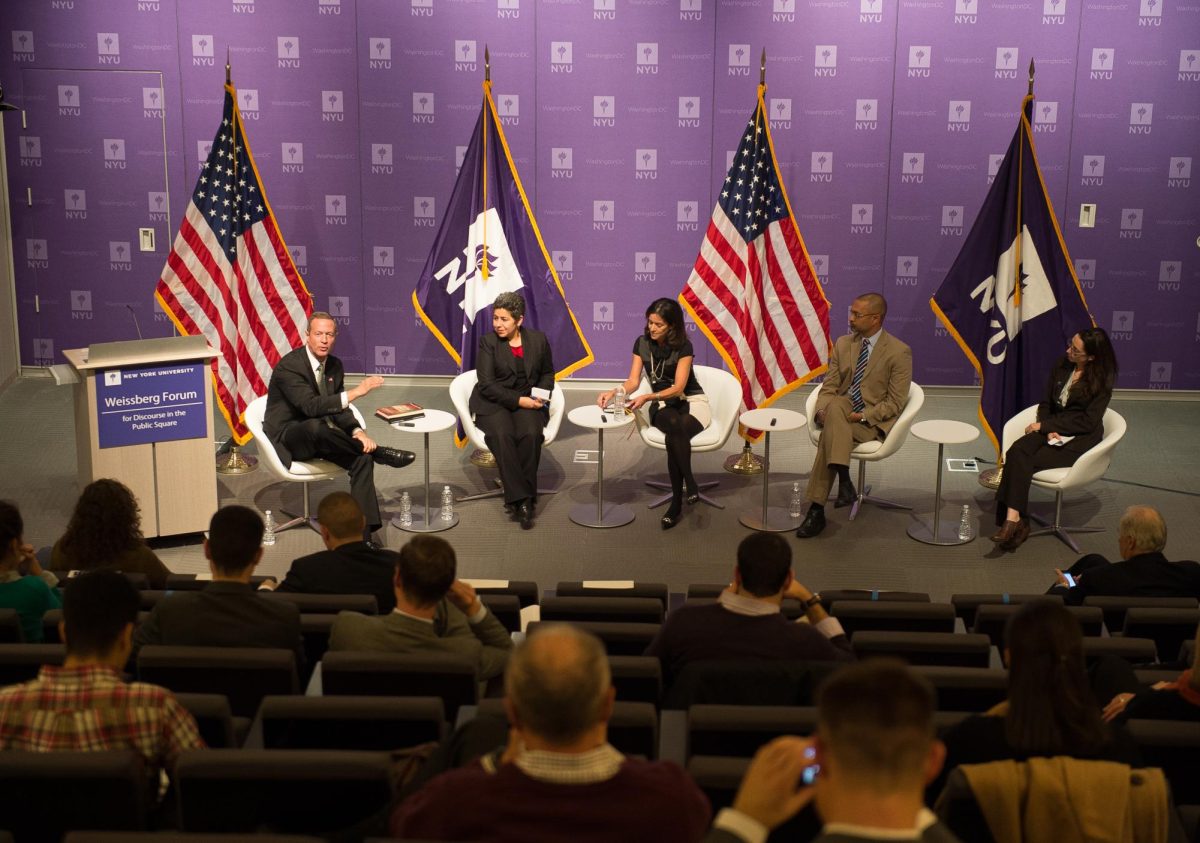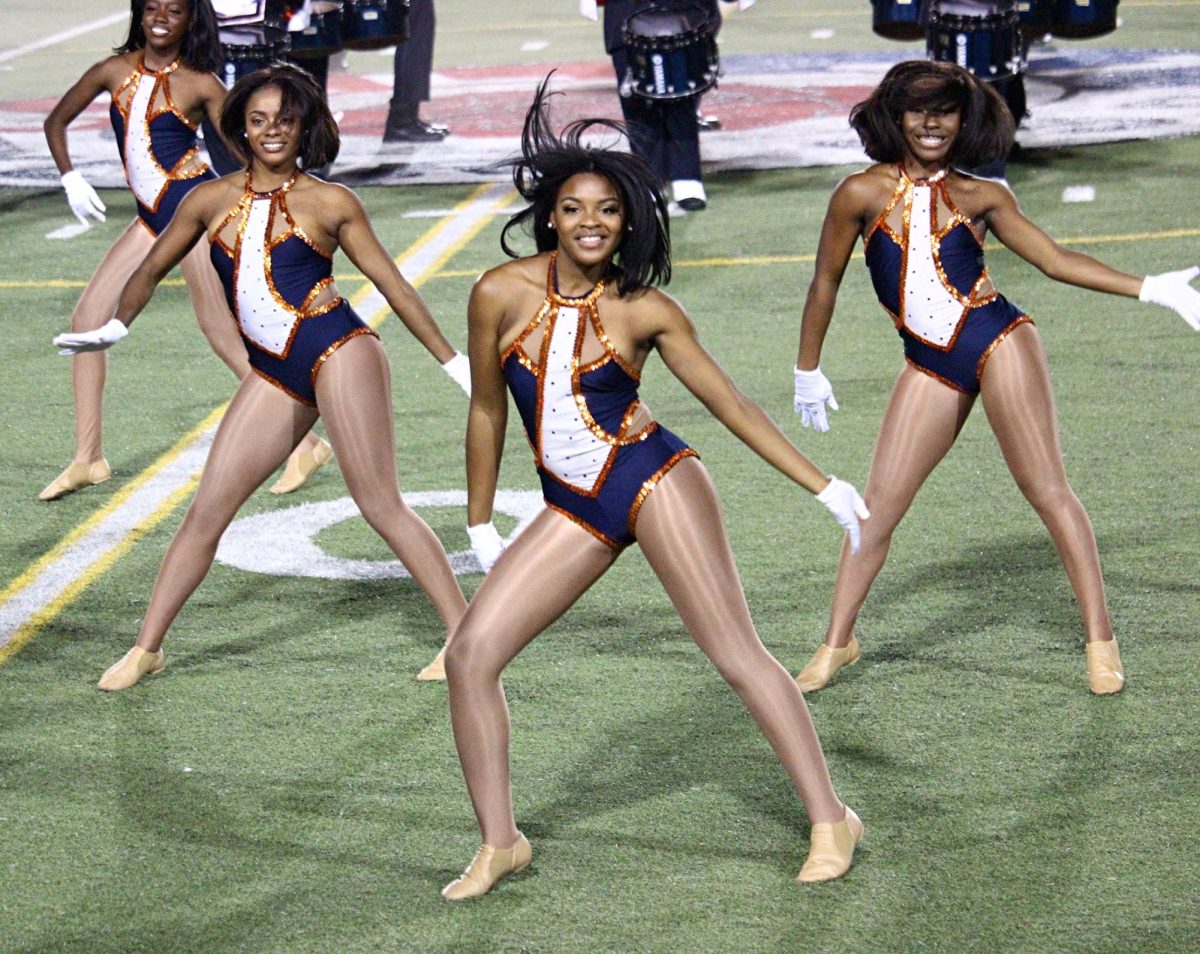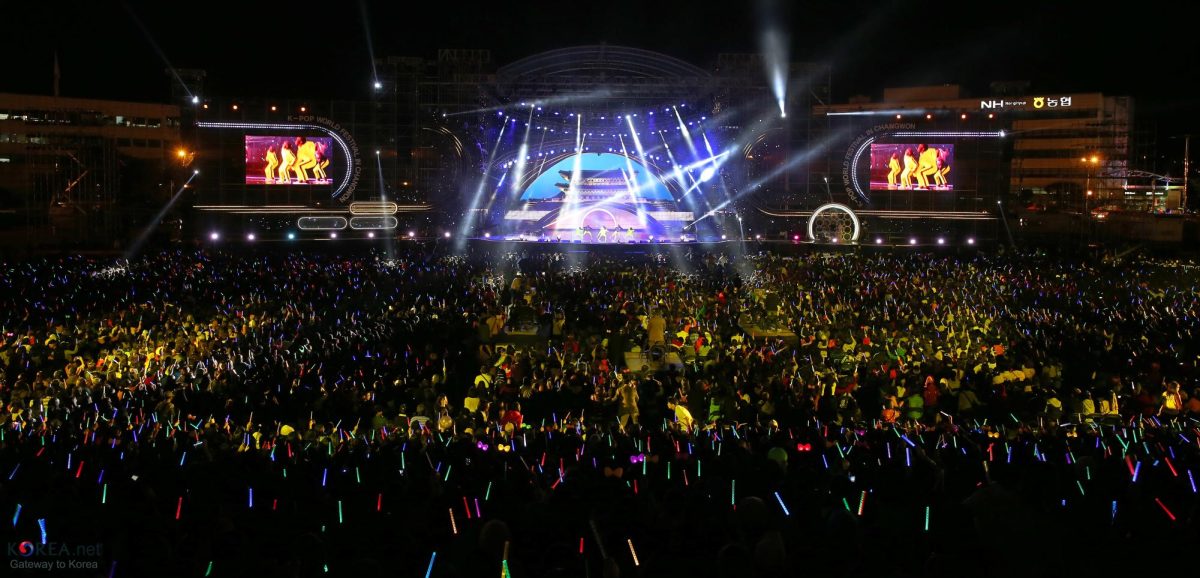Image from Creative Commons
Imagine Black pride. What flashes through your mind? Perhaps it’s fists raised in defiance, the rhythms of jazz and hip-hop or the echoes of Civil Rights activism. Whatever it may be, shift your focus to African pride. What images emerge now? Does anything emerge at all?
The celebration of African pride has long taken a back seat in main stream media, especially in America. This has left many unaware of the beauty of African culture. Yet, in recent years, African culture has risen on a national and global scale, influencing major industries such as cinema, music, fashion and business.
In Africa, representing your culture is natural, however, for Africans in America, it’s more complex. Now that being African and proud has become accepted, more people feel comfortable representing their country and embracing cultural diversity.
One significant marker of change was Burna Boy’s 2024 Grammy performance. His presence, as the first Afrobeats artist to perform on the prestigious stage, reshaped perceptions of African culture worldwide. Burna Boys’ success along with artists like Davido, Ayra Starr and Rema are paving the way for other Afrobeats artists and African musicians.
African misrepresentation in the media was one of the first deterrents of African pride for many African kids. Negative portrayals of African culture perpetuate stereotypes and limit public perceptions to a narrow, distorted view of the continent. In reality, Africa is not a monolith and beauty can be found in the distinct, yet collective culture of each country.
“[While growing up,] the lack of people’s knowledge and awareness of how beautiful Africa is kind of diminished what it meant to be African,” Ariette Buliro, a third-year majoring in Public health, said. Buliro’s family is from Congo, making her Congolese. She shared she was often the target of stereotypical jokes such as living in huts and having a pet lion.
Similarly, second year Civil engineering major, Ladi Folarin, is Nigerian and vividly recalls the challenges of maintaining African pride in environments where representation is scarce. “When I was a kid, being African, you were an African booty scratcher, fresh off the boat, this and that, but now, I feel like Afro beats did a lot for us and it just made it popular and a big thing where if you’re African, it’s cool now,” Folarin said.
This newfound visibility in mainstream media has not only brought global appreciation but also grand-scale cultural sharing. “Social media has definitely pushed that pride of African culture. TikTok and Instagram you always hear about the latest Afro beats coming out on the radio.” Buliro said, “If you grow up hearing that, oh, Africa is poor. There are no resources, your mind is going to be trained to think, everybody from Africa is poor. So I didn’t blame the people, especially the kids growing up here, because they only had one story of Africa.”
Now, there are a variety of cinematic representations of Africa. Although fictional, Buliro says that Black Panther was a way of “exposing the beauty of Africa to Americans.” Fashion styles, like Dashiki and Kente, have been popularized in the West and more businesses, especially in big cities, sell African clothing.
Bethel Chanyalew, a second year majoring in Social work, said, “My mom would always say ‘remember that you’re Ethiopian first’ remember that because it’s very easy to just take on one identity and then forget what’s underneath.” Chanyalew emphasized the importance of embracing African culture, especially in spaces where majority groups meld Black and African identity into one monolith, overshadowing nuanced cultural distinctions.
Africans in America differ from African-Americans in the timeframe of their lineage. They were either born in Africa or have direct roots to the continent through immigrant parents or close relatives. Many African-Americans were stripped of their direct ancestral link to Africa because of the transatlantic slave trade. Both groups may present as Black in America, but they have different cultural identities that intersect and shape individual experiences. African pride encompasses a celebration of specific African heritage, distinct from the broader umbrella of Black identity.
“Since we’re in America and we’re a minority group, Black pride is fighting back against the injustices that we have to face and standing our ground…African pride is always rapping that you’re African in everything you do. I like it being known that I’m African. I’m from Nigeria. I’m Black too obviously, but there’s a pride that I have to say that these are my people,” said Folarin.
As African pride is more widely accepted, African culture will continue to gain global attention and appreciation.
“It’s been really beautiful to see African culture be embraced. Growing up, there’s been stories of people being embarrassed to be African whether they did not want to bring African food to school because of the comments people made like ‘why are you eating with your hands’ but now you go on social media and see people trying all types of ethnic African food,” said Chanyalew.
“Everybody’s trying to tap into the culture now. Everybody’s doing the dance and eating the food so I feel like on a large scale in the world, and even personally it’s been a lot bigger in people’s lives than it was before,” Folarin said.
Coming to college, I found my African pride. Aside from being born in Ethiopia, I grew up in rural North Carolina where I had limited exposure to other Africans. Kids in school would make jokes about Africans drinking dirty water, having no water or walking miles for water. All these were based on a predetermined idea of Africa. Even African-American kids teased me about being African.
Now that I’m surrounded by others who share the same culture or general background, there’s such a great energy and feeling of belonging. No one does it like Africans. I’ve always liked the uniqueness of my culture, but I haven’t necessarily been prideful. The music, food and dances of East African culture are very different from the West and other regions of Africa. Ethiopia is arguably the best African country, ever.
The resurgence of African pride in recent years shows the resilience and vibrancy of African heritage. Through music, film, fashion and activism, Africans are reclaiming their narratives and shaping their own cultural identity. As the world embraces the richness of African culture, it’s important to challenge outdated narratives and create a more authentic representation of Africa in the media and beyond. By amplifying diverse voices and narratives, we can celebrate the beauty and complexity of Africa and its people.
As Chanyalew said, “Everyone continuing to embrace their culture helps the next person. When other generations see us pridefully they also want to be proud of their culture.”







